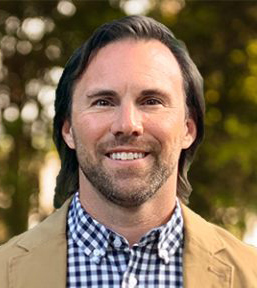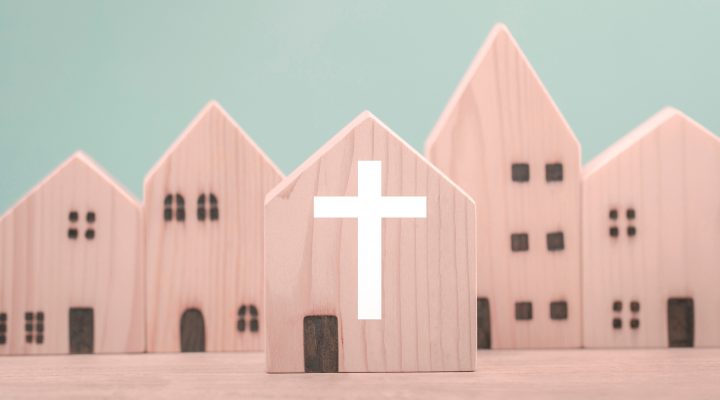The Cooperative Baptist Fellowship of North Carolina in January will launch a pilot program to help congregations determine the health and direction of their churches.
The Church Sustainability Initiative will include learning cohorts to walk participating churches through a process of thorough self-examination to discern congregational vitality and sustainability and to cultivate pathways through adversity.

Andy Hale
The initiative is a response to the bewildering array of pandemic-accelerated challenges besieging churches, said Andy Hale, associate executive coordinator of CBFNC.
“Tremendous shifts are occurring in our culture which have a direct bearing on congregations. A lot of congregations are not aware of how rapidly those shifts are taking place,” he explained.
The sustainability initiative is a response to churches expressing a desire to learn more about those challenges and to find viable responses to issues such as aging buildings, strained finances and downward attendance and membership trends.
“Many of our congregations have embraced the urgency of the moment and need a different way to think about and make decisions about what ‘next’ is,” he said. “This isn’t about creating a new vision statement or statement of core values but embracing the reality of now and what is coming next.”
CBFNC said it identified potential pathways for congregations by listening to the experiences of churches across the state. Solutions it presented include resetting the focus of ministry, closing to become legacy churches, creating revenue-based partnerships around space, selling facilities and restarting with new approaches, and sharing space with other churches.
To help churches discern their paths forward, the initiative will begin with “launching summits” in which clergy and lay leaders from numerous churches gather to share about contextual challenges and emerging solutions.
The summits also will prepare congregational teams to lead their churches through the Church Sustainability Initiative while fostering relationships between communities undergoing the process.
The summits mark the beginning of the initiative’s learning cohorts, CBFNC said. “Such a journey should not be made in isolation. When we can commiserate about our present circumstances and explore new possibilities with others, it reminds us we are not alone and can enrich others through shared experiences.”
Hale added the shared-learning aspect in the summits and cohorts is critical. “Bringing congregations together during the process enables them to be sounding boards for one another. Discernment happens on the front end as they are unpacking and processing what they are hearing in the moment.”
“Bringing congregations together during the process enables them to be sounding boards for one another.”
Congregations also may opt to use sustainability guides who will lead up to four churchwide conversations, facilitate comprehensive assessments and coach church sustainability teams. The guides are ministers who have experienced many of the challenges and solutions congregations will be exploring through the sustainability initiative.
“We have an interim who led a congregation through the process of selling an entire campus and a former senior pastor who helped a congregation sell a building and close its doors to become a legacy church,” Hale said. “We have people who have gone through the process in isolation and are using their wisdom to help other churches create pathways forward.”
An additional component of the program will urge congregations to examine their motives when calling pastors in difficult times, CBFNC said. “The initiative also examines the mythology around hiring young ministers to bring young people back to the church and what happens when a congregation lacks the drive to fulfill its biggest aspirations.”
Hale labeled that phenomenon as “‘the mythological comeback kid.’ It’s the idea that hiring a young pastor will attract families or young people.”
But those churches often don’t look at surrounding communities to determine if young people are present in numbers large enough to reverse the trend. And many fail to adopt a culture that would be welcoming to young people, he said.
The sustainability initiative will help churches look into those issues, he added. “This process is about looking into the reality facing the church today. This isn’t about fear mongering around these things, but about understanding how rapidly things have changed in our world and how that affects the church. And through this process and these relationships, we can look at what other churches are doing to find pathways through these challenges.”
Hale added the sustainability initiative will evolve as the process unfolds for participants and CBFNC, which is taking applications for the initiative. “We don’t assume we have all this figured out. We will continue to learn as we go, and congregations will be discerning for themselves as they go through this.”


